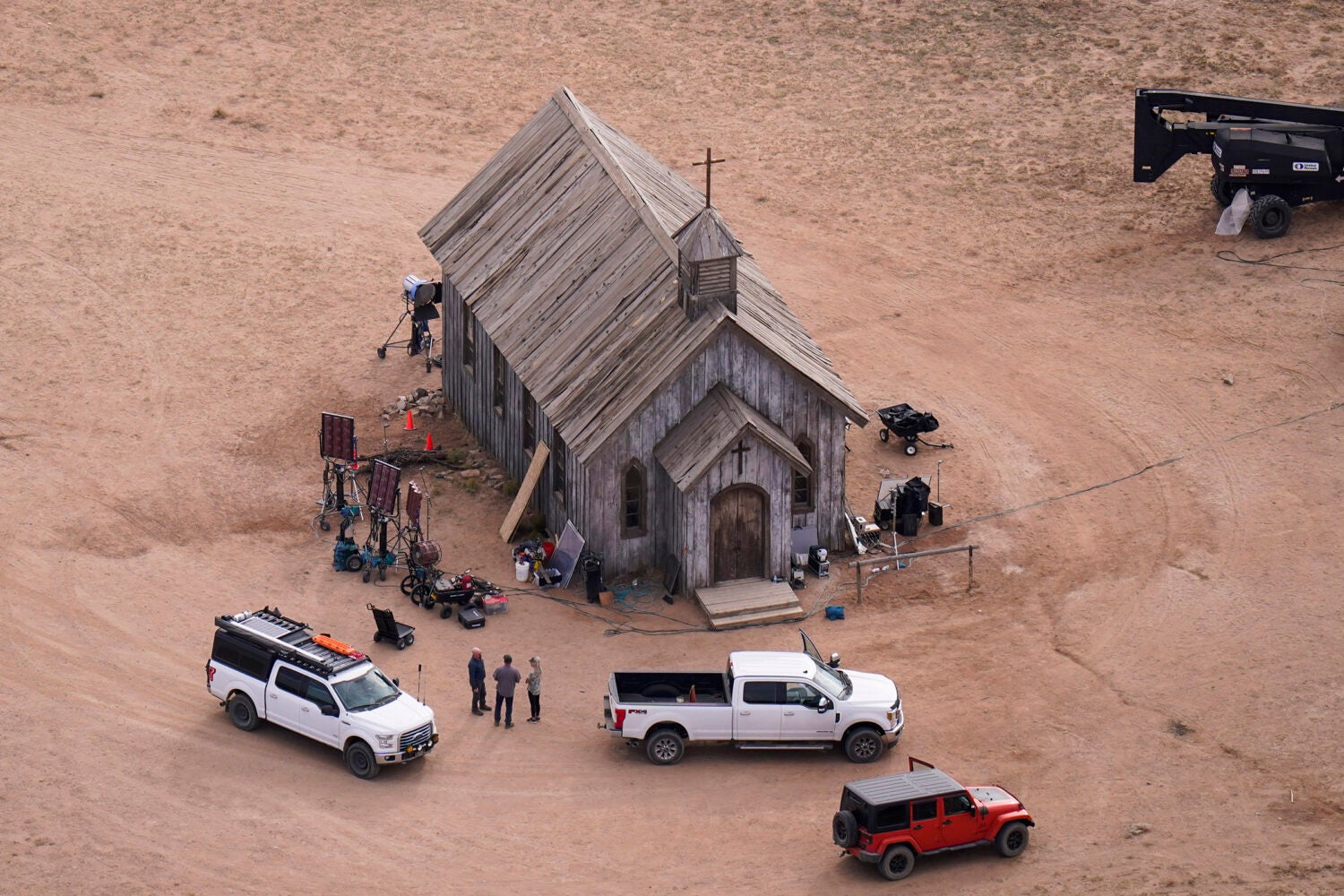Prosecutors in New Mexico filed involuntary manslaughter charges against actor Alec Baldwin and armorer Hannah Gutierrez-Reed in the accidental October 2021 shooting death of cinematographer Halyna Hutchins on the set of the film ‘Rust.’ Gutierrez-Reed has said she checked the gun to make sure it contained no live rounds. Baldwin has argued he had no responsibility to ensure the gun was safe to handle. But prosecutors disagree, asserting that industry standards require actors to also examine the weapon.
To better understand the charges and their possible outcomes, Harvard Law Today reached out via email to retired federal judge Nancy Gertner, a senior lecturer at Harvard Law School. Gertner says Baldwin, in particular, can marshal strong legal arguments in his favor and asks whether it is fair to rely on criminal charges, as opposed to civil lawsuits, to assess responsibility.

Harvard Law Today: Can you briefly explain the charge of involuntary manslaughter and what prosecutors will need to prove?
Nancy Gertner: Involuntary manslaughter is the least culpable version of crimes in which death results. Homicide crimes are ranked from first degree felonies to fourth degree felonies in New Mexico. This is a fourth-degree felony, with the penalties differing accordingly. Broadly speaking, consider a continuum with premeditated murder at one end (intentional, premeditated, malice), then second degree murder, and finally, manslaughter on the other end. But unlike the other categories of murder, involuntary manslaughter is an unintentional killing, a killing committed with “criminal negligence” or “recklessly” — the allegation that Baldwin should have known the danger involved and that he willfully disregarded it. And seen as a continuum, it should be clear that the line between criminal liability for involuntary manslaughter and civil liability for negligence causing death begins to blur.
HLT: What is Baldwin’s likely or strongest defense? Will his position as one of the film’s producers have an impact?
Gertner: Baldwin’s likely or strongest defense is that there was no requirement or standard that an actor independently check the gun he was given after it was declared to be “cold” by others on the set. His status as a producer on the film complicates his obligations to a degree, but as some of the news suggests, many individuals are producers in name only. The question is whether the prosecutor will be able to prove beyond a reasonable doubt that there was a clear obligation to check the weapon, which he ignored, whether as actor or producer. He also has an argument that precisely because this prosecution is unprecedented, it violates due process; he would have had no notice of any obligation to independently check the weapon.
“Baldwin’s likely or strongest defense is that there was no requirement or standard that an actor independently check the gun he was given after it was declared to be ‘cold’ by others on the set.”
HLT: How about the armorer who was also charged?
Gertner: The armorer is in a different position because her obligations vis-a-vis the weapon are more clear.
HLT: Alec Baldwin is a household name. What is it like to try a celebrity? Are there special considerations?
Gertner: The fact that Baldwin is a celebrity, and that this incident has received considerable publicity, will make a fair trial harder, to be sure. But there have been a number of high-profile prosecutions in recent years, none with a higher profile than the Dzhokhar Tsarnaev case, for example. The trial judge will have an obligation to conduct a searching voir dire [the process by which potential jurors’ possible conflicts are examined], caution the jury about the press and social media, etc. Of course, Baldwin’s celebrity status could work in his favor or against him.
HLT: Is there precedent for these charges for a tragic on-set incident?
Gertner: I have found no precedent for this kind of charge deriving from an unintentional shooting on a film set. Years before the ‘Rust’ shooting death, actor Brandon Lee was killed by a prop gun, but the prosecutor declined to prosecute. There are analogous prosecutions: for example, the owners of the Station Nightclub [in Rhode Island, where in 2003 a band’s pyrotechnics ignited a fire that killed 100 people and injured hundreds more] and the tour manager of the band performing on the night of a fire were charged with criminal negligence and misdemeanor manslaughter. But the defendants’ obligations to the patrons of the bar were more clear; safety regulations had been ignored, flammable materials had been used for insulation, etc. They pled guilty to the charges.
“Clearly, these charges will ‘send a message’ to the film industry and importantly, to film insurers. The question is whether it is fair to use the criminal legal system … where liberty is at risk — rather than lawsuits for damages — to convey that message.”
HLT: Do you think this case will go to trial, or is there a chance of a plea deal?
Gertner: I don’t think there is any chance of a plea deal. The charges are defensible; I expect Baldwin to defend them.
HLT: From a legal perspective, what message do these charges send to the film industry?
Gertner: Clearly, these charges will ‘send a message’ to the film industry and importantly, to film insurers. The question is whether it is fair to use the criminal legal system, in effect, the system’s nuclear option, where liberty is at risk — rather than lawsuits for damages — to convey that message. This is especially so where (as in the case of Baldwin), the lines of responsibility are muddy.
Want to stay up to date with Harvard Law Today? Sign up for our weekly newsletter.
